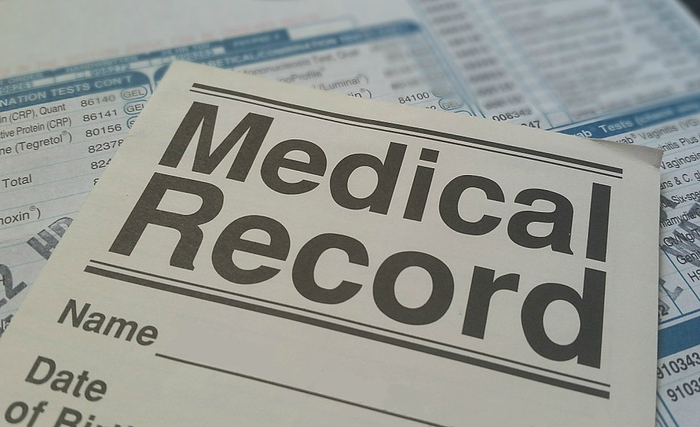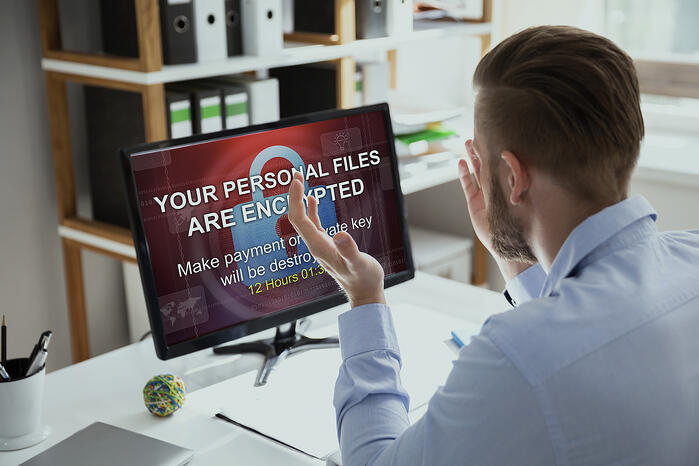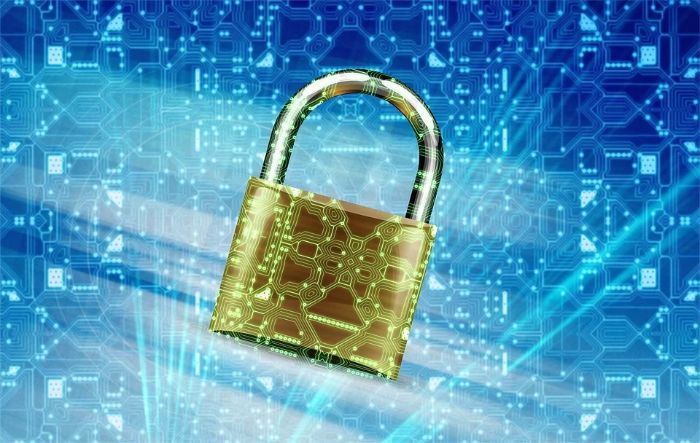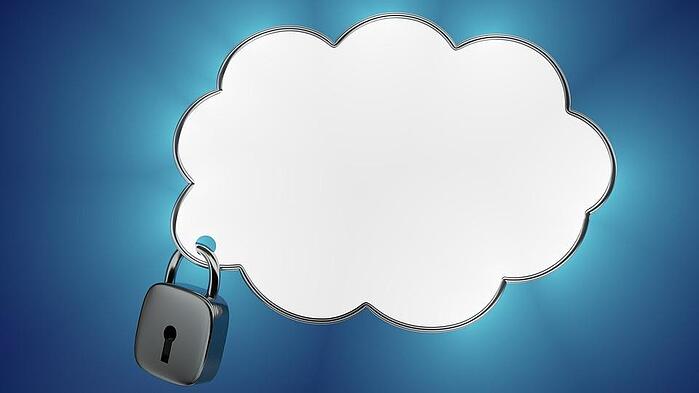All healthcare providers know that HIPAA compliance is vital for protecting their business and avoiding penalties for violations – but why is HIPAA important to patients?
Put simply, HIPAA is important to patients because it requires all healthcare providers, plans and clearing houses – along with their business associates – to protect their sensitive health information and ensure that it remains private and confidential.
The High Value of Healthcare Records
Patients entrust medical providers with huge amounts of high-value personal data.
In fact, due to the detail of the personal information involved, medical records sell for high prices on the dark web – as much as $1,000 per individual, which is about ten times more than the average breached credit card record.
And make no mistake about it – cybercriminals target healthcare organizations specifically to get their hands on these high-value patient records.
More than 41 million patient records were breached in 2019, almost tripling the 2018 figure when 15 million records were exposed.
Why Is HIPAA Important to Patients?
It is of course true that most healthcare businesses would likely take measures to safeguard the sensitive data they hold on their patients without an official regulation in place, HIPAA obligates them to do so – and holds them accountable when they don’t.
Under the legislation, healthcare practitioners are required to adequately secure the privacy and confidentiality of their patients’ protected health information (PHI) and ensure the security of all electronic records.
Failure to do so can lead to hefty fines from the Office for Civil Rights (OCR) – up to $50,000 per violation and a maximum of $1.5 million for repeat violations per year.

(Image source: compliancy-group.com)
From the patient’s perspective, HIPAA ensures the security of their health data. Under the Security Rule, HIPAA mandates that HIPAA covered entities deploy adequate controls to ensure that any PHI created, stored, maintained, or transmitted is kept secure at all times.
To remain compliant, covered entities must employ administrative safeguards, physical safeguards and technical safeguards to prevent cybercriminals from gaining access to patients’ protected health information.
What’s more, should their medical data be breached, HIPAA mandates that healthcare organizations notify patients that their information has been compromised or stolen within 60 days.
This means that patients who have been affected by a data breach can take action to protect their identities and reduce the risk of becoming a victim of identity theft or fraud.
HIPAA is also important to patients to protect their privacy.
HIPAA also gives patients the right to obtain copies of their PHI from healthcare providers, giving them the ability to take a more active role in their healthcare.
By obtaining copies of their health information, patients can check for errors and ensure any mistakes or omissions are corrected.
In addition, by having copies of their medical records in-hand, patients are in a more informed position should they wish to seek treatment from a new healthcare provider and can personally transfer their records to the new provider as they seek the best possible treatment.
HIPAA-Compliant Data Backup and Recovery from WisperMSG
HIPAA compliance is essential not just to avoid fines and penalties, but to protect the privacy, well-being and personal interests of your patients.
You need to protect your patients’ data – and require a robust and reliable data backup and recovery solution to do it.
WisperMSG is that solution.
We offer a fully-supported, encrypted, cloud-based and HIPAA-compliant data backup and recovery solution designed specifically for healthcare providers and other SMBs in highly regulated industries.
Our 448-bit end-to-end encryption exceeds military-grade standards, ensuring your patients’ PHI data is continuously protected from cyberattacks and all other outside threats – both in transit and at rest in our secure private cloud.
We are approved by third-party auditors as 100% compliant with HIPAA, as well as HITECH, the EU’s GDPR and State Laws.
With unlimited storage capacity, dual authentication and ransomware recovery, our solution ensures that your data is always safe, fully protected and recoverable no matter what.
Try WisperMSG free for 7 days here.




